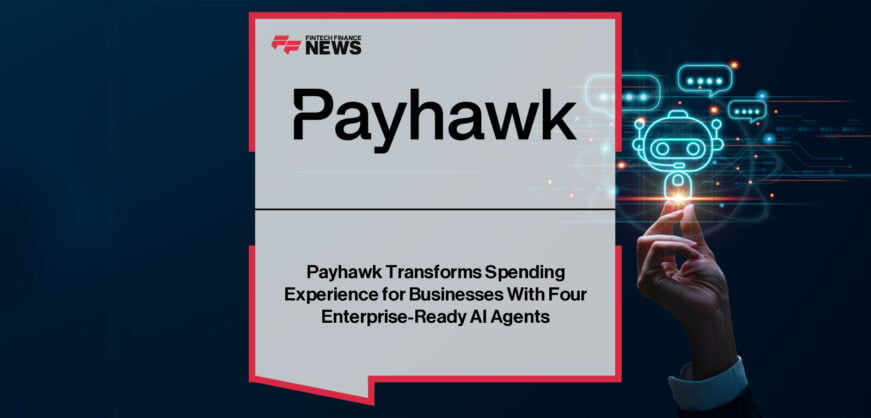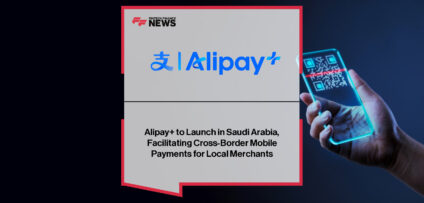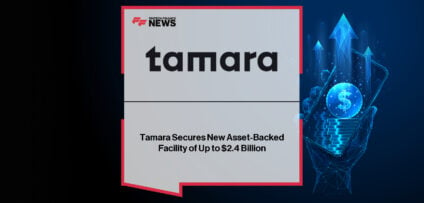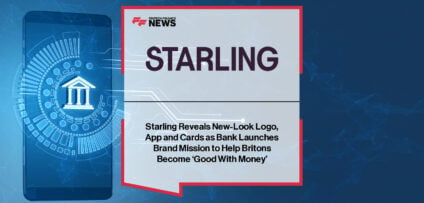Breaking News

Fitch: ILC Charter a Path to Funding Stability for US Fintechs
Recent comments by U.S. regulators suggest that financial technology (fintech) and other non-bank financial institutions may have a more viable path to attaining industrial loan company (ILC) charters than in the recent past, says Fitch Ratings. The improved financial flexibility accompanying access to more stable, lower cost deposit funding would be viewed favorably from a credit perspective. However, issuers will have to weigh these benefits against the related capital requirements and regulatory compliance costs.
Randal Quarles, the Federal Reserve’s vice chairman for supervision, stated this month that ILCs didn’t appear excessively problematic, echoing comments made by incoming FDIC Chair Jelena McWilliams earlier this year that ILC charters meeting FDIC standards did not pose specific concerns and that the FDIC would expedite the review of new applications. An ILC is broadly defined as a state-chartered bank that may be owned by a non-financial institution.
Certain fintechs, such as marketplace lenders, would seem particularly poised to benefit from ILC charters, reducing their reliance on institutional and retail buyers of their loans via wholesale channels including securitization. Fitch believes having access to deposits would diversify and stabilize fintechs’ funding sources while better positioning them to compete with existing deposit-funded players, such as Goldman Sachs’ Marcus platform.
Deposits would create additional financial flexibility, allowing fintechs to keep loans on balance sheet, diversify financial product offerings and reduce reliance on investors for loan sales and banks for originations. For example, ILC charters could meaningfully expand credit card offerings as MasterCard and Visa require credit and debit cards on their networks to be issued by banks.
Considerations which could potentially dissuade fintechs from pursuing an ILC charter include higher capital and regulatory requirements and increased compliance costs. Deposit funding would also require investment in interest rate risk management capabilities, including derivatives, which may not be needed under current funding structures. Another consideration is equity valuations, which are typically higher for pure-play technology companies relative to technology firms with financial arms. For example, PayPal’s recent decision to sell its credit card loan portfolio to Synchrony Financial was viewed favorably by equity investors.
Yet another potential option for fintechs is the special purpose national bank charter proposed by the head of the Office of the Comptroller of the Currency (OCC) in December 2016, which is currently under review by the new head of the OCC. Among other things, the national charter would centralize and potentially override state-level regulation. The charter would simplify fintechs’ state regulatory burden, although it would not necessarily allow fintechs to raise deposit funding; therefore, it would not address the sector’s funding profile.
Square, Inc. filed for an ILC charter in September 2017, and is believed to be the only fintech currently seeking an ILC charter after Social Finance (SoFi) withdrew its application last year. There have not been any ILC charters granted since 2009, as regulators became increasingly concerned about ILCs exploiting a loophole of the Bank Holding Company Act (BHCA) that allows commercial firms access to the U.S. banking system infrastructure while being exempt from supervisory oversight from the Federal Reserve or other federal banking regulators. Rather, the FDIC and each state’s respective banking agency are the ILC’s primary regulators. Community banks have also lobbied against the granting of ILC charters, with the most notable example being Walmart’s application in 2006, which it withdrew a year later after the FDIC extended its moratorium on pending ILC applications. However, the last moratorium on ILC applications expired in 2013.
- Payhawk Transforms Spending Experience for Businesses With Four Enterprise-Ready AI Agents Read more
- Alipay+ to Launch in Saudi Arabia, Facilitating Cross-Border Mobile Payments for Local Merchants Read more
- Saudi Central Bank Launches Google Pay Service Through Mada Network Read more
- Tamara Secures New Asset-Backed Facility of Up to $2.4 Billion Read more
- Starling Reveals New-Look Logo, App and Cards as Bank Launches Brand Mission to Help Britons Become ‘Good With Money’ Read more










